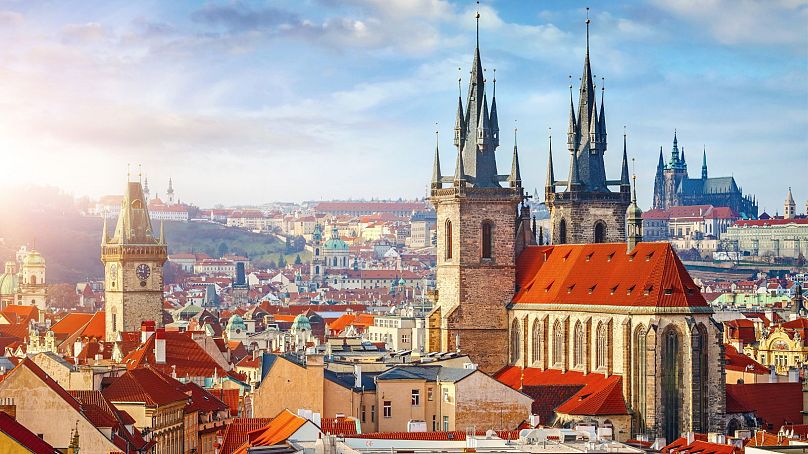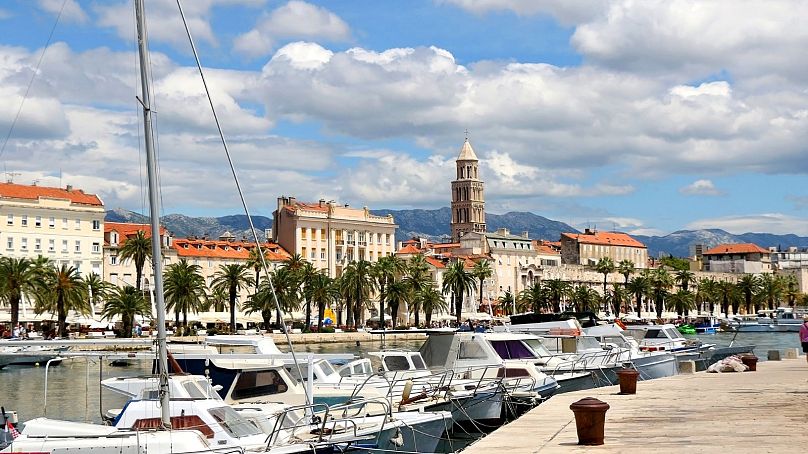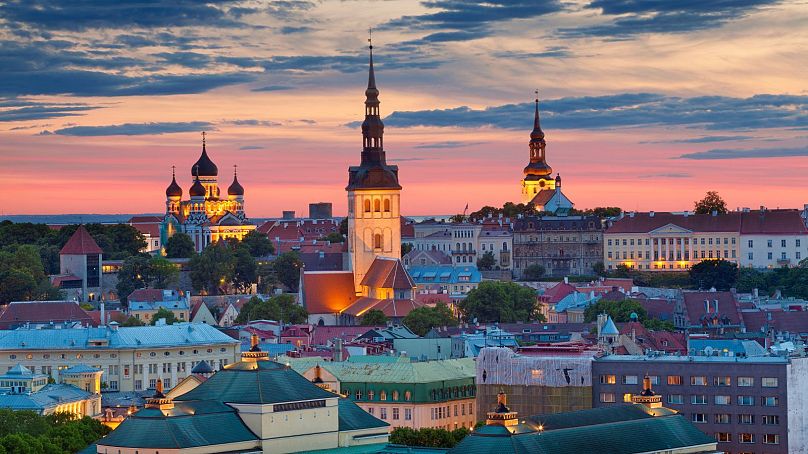By Kirstie McDermott
It is not an exaggeration to say that the COVID-19 pandemic changed a lot of things for a lot of people.
One of the most dramatic changes for anyone working in an office or within the knowledge economy was the fact that the way they worked changed - literally overnight.
Many workers who had, pre-2020, requested more flexible ways of working only to be told by leadership that the job wouldn’t get done, or that if they were given remote working access, everyone else would want it too, were heartened by the fact that work could in fact be done remotely. We now know it is possible to do things another way.
Productivity actually increased during the COVID-19 crisis. Between the last quarter of 2019 and the first quarter of 2021, eurozone labour productivity growth accelerated compared to the period pre-pandemic, according to data from the European Central Bank.
The pandemic also saw companies begin to offer full-time remote working as a workplace benefit.
Perhaps unsurprisingly, Airbnb was among the first. In April, CEO Brian Chesky said: “Our business wouldn't have recovered as quickly from the pandemic if it hadn't been for millions of people working from Airbnbs”.
The company now allows a majority of staff to work remotely and in addition, its people can work up to 90 days abroad. Other companies followed suit including HubSpot and Shopify, both of which have 90-day “work from anywhere” policies.
Making the incentives of tech companies even more attractive is the fact that many European countries are launching digital nomad visas to welcome foreign remote workers.
While these won’t apply in all cases if you’re already an EU resident, what they do indicate is a better environment for remote working take-up and options.
Malta, Germany, Spain and more have all introduced visas to help clear up what has traditionally been a legal grey area for workers.
The digital nomad visas are a timely move, as a Work From Anywhere White Paper revealed that 55 per cent of companies believe that work from anywhere will be a core employee benefit over the next 10 years.
When it comes to where the best spots are in the EU for remote working, there are a few ways to cut the cake.
Access to a digital nomad visa is top of the list, but as soaring prices drive a cost of living crisis across much of the bloc, these are factors that need to be taken into consideration too.
Here are five great places to consider.
1. Athens, Greece
Digital nomad visa: Yes, it is valid for up to 12 months, and you must provide evidence of sufficient funds (€3,500 per month).
Why work here: The cost of living is around 30 per cent lower than in other European countries, however prices vary: Mainland Greece is cheaper than the islands, where rent, food and fuel are more expensive.
Where to go: In Athens, there are many co-working spaces including Impact Hub and Vios Co-Working. Proximity to incredible culture, great weather much of the year and affordable costs are also big draws.
Connectivity: For those looking to relocate to Crete, CreteWork is extending the 5G network to encompass the whole island and this has already begun to entice digital nomads here.
2. Prague, Czechia
Digital nomad visa: Czechia offers a “trade licence” that is a little more complex to apply for. You’ll need to get it in person at a Czech consulate or embassy and this can take up to four months. Requirements include an eligible trade licence, enough funds in a bank account, health insurance, and proof of accommodation for at least a year.
Why work here: EU citizens won’t need a formal work permit to work remotely here and the central location means you can travel to Germany, Poland or Austria and beyond easily.
Where to go: Prague is an obvious choice as it is a tourist hub, so English speakers won’t find it too challenging. Strong café culture helps with any WiFi issues.
Connectivity: The country is rolling out its National Plan for the Development of Very High Capacity Networks, approved in March 2021.
3. Split, Croatia
Digital nomad visa: Croatia’s visa requirements include proof of remote work, sufficient yearly income, health insurance, security background checks, and a rent contract. Once satisfied, you can work remotely for up to a year.
Why work here: The Croatian visa also allows for close family members of the visa holder to join them. Combine that with great weather and beautiful scenery and you're onto a winner.
Where to go: The country’s capital Zagreb might be your first thought, or even the picturesque Dubrovnik, but you could consider Split. With plenty of places to stay thanks to its tourist economy, there are a host of cafes and restaurants too.
Connectivity: Croatia’s WiFi offers good coverage in the majority of urban areas and speeds are good.
4. Porto, Portugal
Digital nomad visa: A temporary resident visa can be used by freelancers and entrepreneurs and allows the holder to stay in the country for longer than a year. It can be extended and used as a pathway to permanent residency, too.
Why work here: It’s not just mainland Portugal: The local government in Madeira has also launched the Madeira Digital Nomads project, where workers will be able to live in the Nomad Village in Ponta do Sol.
Where to go: While Lisbon may be the default choice, think about Porto. This northern city is small but beautiful and offers a cheaper cost of living than other European cities such as Dublin or Berlin.
Connectivity: Portugal is 17th on the list of countries with the fastest Internet access, so your work can continue uninterrupted.
5. Tallinn, Estonia
Digital nomad visa: Foreign nationals to work in the country for up to one year for their own business registered abroad, or in a remote position for a foreign employer.
Why work here: Rent, food and travel all cost less than in many other European countries and it’s a safe place to live.
Where to go: Tallinn, Estonia’s capital, is emerging as a tech hub, and as such is a good place for remote tech and knowledge workers to be.
Connectivity: Along with Iceland, Estonia has the best free and open internet access in the world, according to the 2018 Freedom on the Net index.
To find European tech jobs, visit the Euronews Job board, set up alerts, and bookmark the link for regular check-ins.






